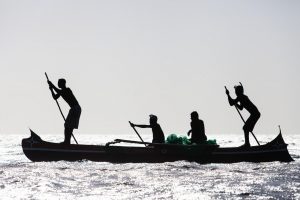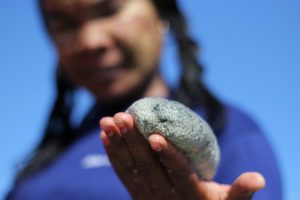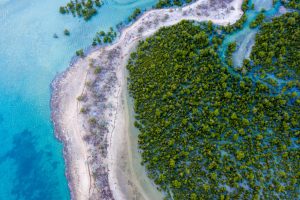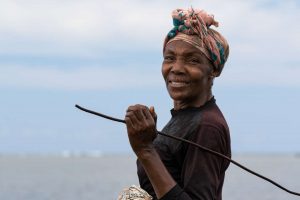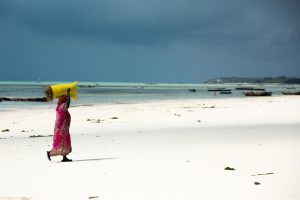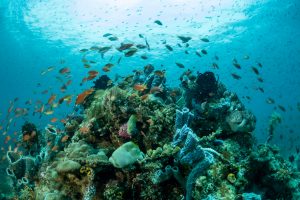
What we do
Restoring ocean life by putting fishers first
We’re working to restore the world’s oceans and improve the livelihoods of fishing communities.
Informed by two decades working alongside coastal communities across the Indian Ocean and further afield, we partner with small-scale fishers and community organisations to address overfishing and safeguard ocean life in ways that benefit them.
Together we design, scale, strengthen and sustain fisheries management and conservation at the community level. We bring partners together in networks to advocate for reform, and share tools and best practices to support fishing communities across the globe.
Securing fisher rights is the foundation of our work. Around the world, tens of millions of fishers are marginalised or excluded from decision-making around access, use and protection of coastal waters and the fisheries they support.
Through our work, we’re enabling communities to assert, secure and uphold their rights, shoring up local management, enriching local livelihoods and sustaining healthy oceans for generations to come.

